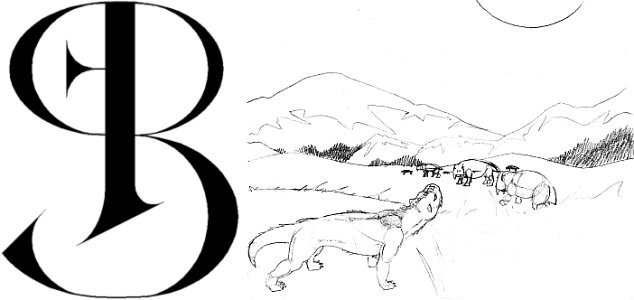- Hillary Clinton - the Butcher of Benghazi
- Ted Cruz - rumored to be the Zodiac Killer
- Bernie Sanders - Stalin
- Donald Trump - Hitler
- John Kasich - former Fox News commentator
In these polarized times, our most noble ideals can blind us to the reality of the world around us, including real problems and common ground we share with our political rivals. So I strongly recommend reading at least one of the following three books that cut through the partisanship and black and white thinking that can overwhelm us as we fight for our different teams:
Jonathan Haidt explores the psychological foundations of morality, and discovers that western moral philosophy - including America's progressive and libertarian politics - has huge blind spots with respect to the essential role of social conventions like family, community, religion and patriotism in the maintenance of welfare and freedom. Also interesting if you've ever wondered why people in general have such a hard time actually living up to our moral values.
The Fourth Revolution: The Global Race to Reinvent the State (320 pages)
The Fourth Revolution: The Global Race to Reinvent the State (320 pages)
Micklethwait and Wooldridge from The Economist look at how the excesses of the welfare state in modern democracies have contributed to dysfunctional government. They show how emerging economies are turning away from our example and toward authoritarian inspirations like Singapore's Lee Kuan Yew. The book particularly focuses on American politics and how both Democrats and republicans hypocritically support programs which are both wasteful and increase inequality - not because of the influence of shadowy elites - but because the programs are popular.
Chris Hayes provides an alternative explanation for growing inequality in America. Like Micklethwait and Wooldridge, he examines and rejects the partisan and conspiracy theories. However, where they found the problem rooted in democracy run amok, Hayes shows that meritocracy - the American ideal since 1965 which strives for equal opportunities instead of equal outcomes - has actually made it harder to climb the ladder of success and allowed a new class of elites to emerge who are able to trade wealth, power and fame in spite of rules that are supposed to separate government, wall street and the media.
